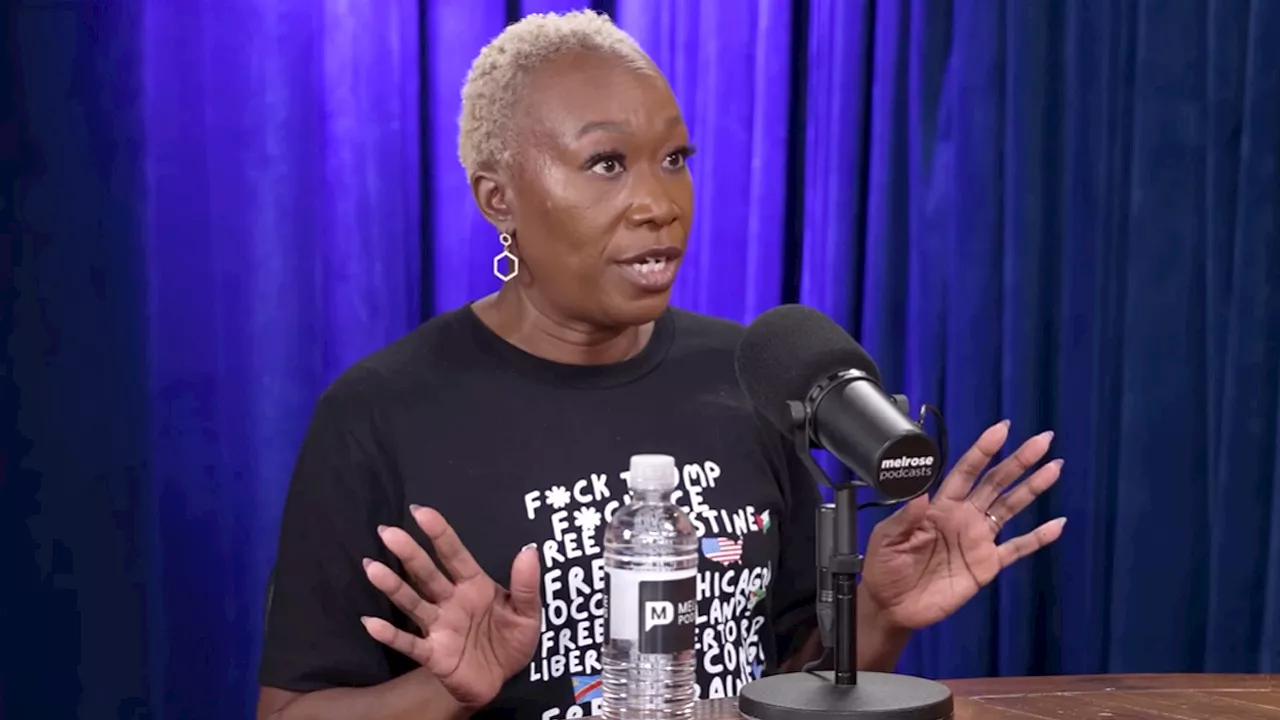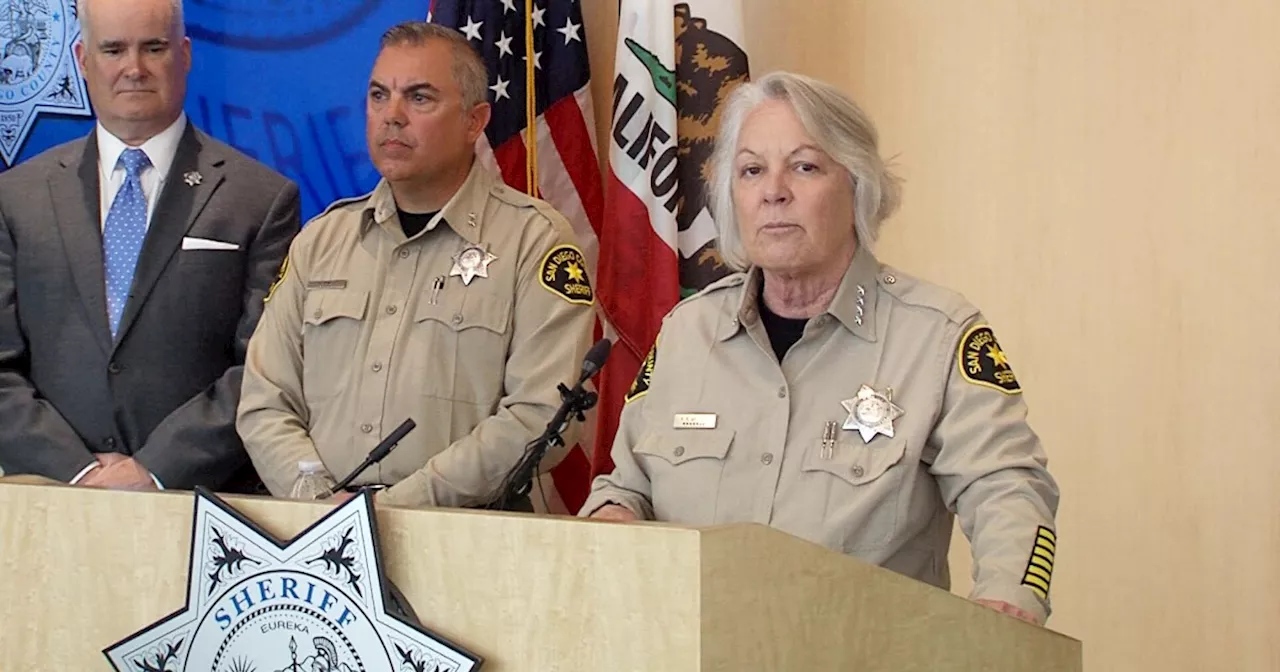UPDATE: A significant ruling from the Texas Supreme Court now allows judges to refuse performing wedding ceremonies, including for same-sex couples, based on personal religious beliefs. This decision, announced last week, raises urgent questions about the constitutional right to equal protection under the law.
Experts warn that while this may not directly complicate the marriage process for same-sex couples in Texas, it introduces a troubling precedent. David Coale, a constitutional law attorney, stated that the implications could be profound. “This ruling could challenge the fundamental right to marry that has been established for same-sex couples,” Coale explained.
The newly adopted judicial conduct code specifies, “It is not a violation of these canons for a judge to publicly refrain from performing a wedding based upon a sincerely held religious belief.” This change comes amid ongoing debates about LGBTQ+ rights in Texas, particularly following a Central Texas judge’s disciplinary actions for declining to officiate same-sex marriages.
Coale added that the Obergefell v. Hodges ruling, which affirmed the right for same-sex couples to marry, is rooted in principles of equal protection and due process. He noted, “Those principles really aren’t affected too much by what happens with this kind of religious exemption.” However, he expressed concern about the long-term effects, asking, “Are we really comfortable with that?”
As Texas leaders take a more conservative stance, with Governor Greg Abbott recently calling for the removal of political symbols such as rainbow crosswalks, the atmosphere for the LGBTQ+ community grows increasingly uncertain.
The implications of this ruling come at a time when the U.S. Supreme Court is considering whether to hear challenges to same-sex marriage, following a case in Kentucky involving a county clerk who refused to issue marriage licenses due to her religious beliefs.
The Texas Supreme Court’s decision has immediate relevance, sparking discussions about the balance between personal beliefs and constitutional rights. The legal landscape for LGBTQ+ individuals in Texas is rapidly evolving, and many are left wondering what this means for their rights moving forward.
As this story develops, it is crucial to monitor how this ruling may affect same-sex couples seeking marriage licenses and what actions may be taken to uphold their rights under federal law.
Stay tuned for updates as this situation unfolds.







